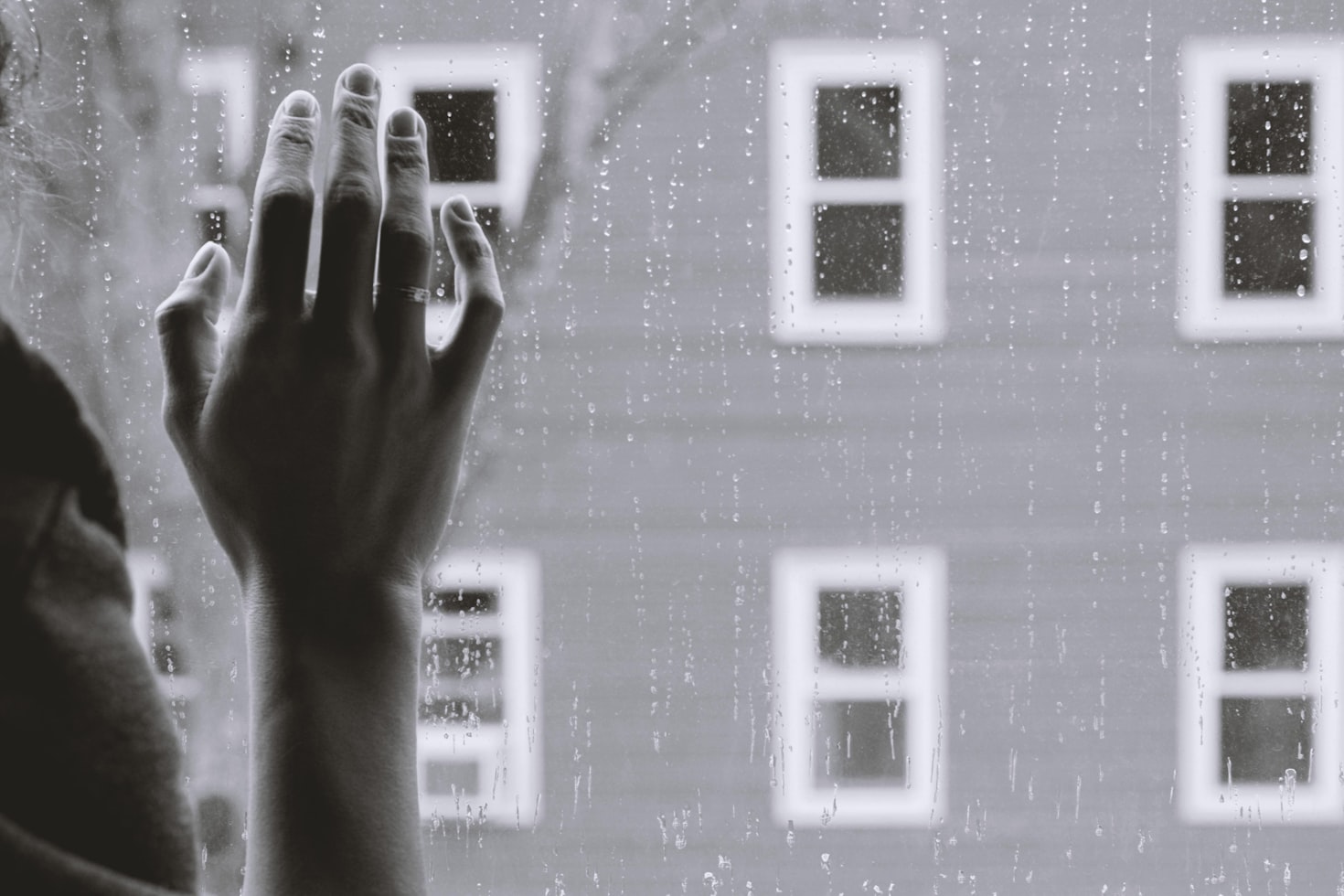Understanding and Managing Depression: Causes, Symptoms, and Treatment Options

Depression is a common mental health disorder that affects millions of people worldwide. It is characterized by feelings of sadness, hopelessness, and a lack of interest or pleasure in activities.
Causes of depression
The exact cause of depression is not fully understood, but a number of factors can contribute to its development. According to a study published in the Journal of Psychiatric Research, the causes of depression can include:
- Biological factors, such as changes in brain chemistry or genetics
- Environmental factors, such as stress, trauma, or life events
- Psychological factors, such as negative thought patterns or poor coping strategies
Symptoms of depression
Depression is characterized by a number of symptoms, including:
- Persistent feelings of sadness, hopelessness, and/or helplessness
- Loss of interest or pleasure in activities
- Difficulty sleeping or oversleeping
- Loss of appetite or overeating
- Fatigue or lack of energy
- Difficulty concentrating
- Thoughts of suicide or self-harm
According to a study published in the Journal of Affective Disorders, these symptoms must be present for at least two weeks for a diagnosis of depression to be made.

Treatment options
There are a number of treatment options available for depression, including
Antidepressant medication
Antidepressant medication, such as selective serotonin reuptake inhibitors (SSRIs) and tricyclic antidepressants (TCAs), can help to balance the levels of certain chemicals in the brain, known as neurotransmitters, which are thought to play a role in depression. According to a study published in the Journal of Clinical Psychiatry, antidepressants can be effective in reducing symptoms of depression.
Therapy
Cognitive-behavioral therapy (CBT) and interpersonal therapy (IPT) are types of therapy that can help individuals to understand and change negative thought patterns and behaviors associated with depression. According to a study published in the Journal of Consulting and Clinical Psychology, CBT and IPT can be effective in reducing symptoms of depression.
Electroconvulsive therapy (ECT)
Electroconvulsive therapy (ECT) is a treatment option for severe depression that involves passing an electric current through the brain to induce a seizure. According to a study published in the Journal of Clinical Psychiatry, ECT can be effective in reducing symptoms of depression.
Light therapy
Light therapy involves exposure to bright light for a specific period of time. According to a study published in the Journal of Affective Disorders, light therapy can be effective in treating depression, especially seasonal affective disorder (SAD).
Conclusion
Depression is a common mental health disorder characterized by feelings of sadness, hopelessness, and a lack of interest or pleasure in activities. The causes of depression can include biological, environmental, and psychological factors. The most common symptoms of depression include persistent feelings of sadness, loss of interest, difficulty sleeping, fatigue, and difficulty concentrating.
References:
- Biological, Psychological, and Social Determinants of Depression: A Review of Recent Literature – PMC
- American Journal of Psychiatry
- Psychiatry.org – What Is Depression?
- Biological, Psychological, and Social Determinants of Depression: A Review of Recent Literature
- Journal of Affective Disorders | ScienceDirect.com by Elsevier
- Seasonal variation in symptoms of depression: A Canadian population based study
- Major depressive disorder: Validated treatments and future challenges – PMC
- Clinical guidelines for the management of treatment-resistant depression: French recommendations from experts, the French Association for Biological Psychiatry and Neuropsychopharmacology and the fondation FondaMental
- APA offers new guidance for treating depression
- Clinical effectiveness of cognitive therapy v. interpersonal psychotherapy for depression: results of a randomized controlled trial
- https://psycnet.apa.org/manuscript/2019-05660-001.pdf
- Effectiveness of Electroconvulsive Therapy in Patients With Major Depressive Disorder and Comorbid Borderline Personality Disorder
- Risk Assessment of Electroconvulsive Therapy in Clinical Routine: A 3-Year Analysis of Life-Threatening Events in More Than 3,000 Treatment Sessions
- Bright Light Therapy: Seasonal Affective Disorder and Beyond – PMC
- The Efficacy of Light Therapy in the Treatment of Mood Disorders: A Review and Meta-Analysis of the Evidence | American Journal of Psychiatry





